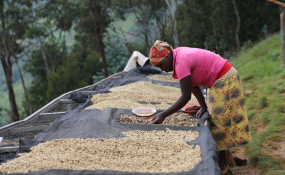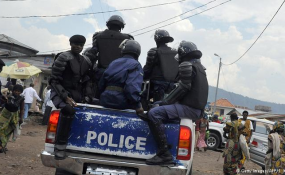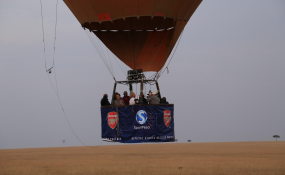Morocco and Somalia signed here the 21th July an agreement on religious cooperation.
The document, signed by Moroccan Minister of Endowments and Islamic Affairs Ahmed Taoufiq and his Somali counterpart, Abdelkader Cheikh Ali Ibrahim, aims to strengthen bilateral exchange of experiences in religious affairs.
This agreement is meant to protect the Muslim Ummah(community) against any deviation or act distorting the religious precepts with the aim to spread discord, the Moroccan minister told the press during the signing ceremony.
Ulemas (Muslim scholars) in all countries are called upon to communicate in order to fulfill their duty in addressing the sources of discord, he added.
For his part, the Somali minister said that the agreement will enable his country to get inspiration from the Moroccan experience, which is based on moderation, tolerance and enlightened approach, in the battle against terrorism and its sources.







